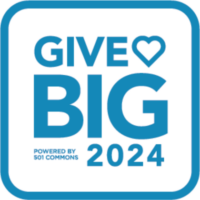Our team has been working to incorporate guidelines from public health officials and Governor Jay Inslee in order to reopen safely. Now that Island County is in Phase 3 of reopening, we are approved to host so long as strict health and safety measures are in place. To keep volunteers, participants, and team members safe, we’re taking these and other measures:
- Requiring cloth face-coverings in shared indoor spaces
- Requiring 6′ physical distancing between guests
- Limiting program lodging to single occupancy, except for members of a household
- Providing hand sanitization stations throughout campus and posting signage to encourage good hygiene
- Limiting group numbers to ensure adequate space for physical distancing
- Adopting stringent housekeeping protocols and frequencies
- Limiting group sizes to ensure capacity for physically-distanced gathering and dining
Additionally, we ask that you come to the Whidbey Institute campus only if you have no COVID symptoms, no fever, and no known exposure to COVID-19 positive individuals within 14 days.
According to the World Health Organization, “the incubation period for COVID-19, which is the time between exposure to the virus (becoming infected) and symptom onset, is on average 5-6 days, however can be up to 14 days. During this period, also known as the “pre- symptomatic” period, some infected persons can be contagious.”
As always, common sense and courtesy about attending a program are requested—if unwell, please stay home and rest!
To learn more, email Marta.


